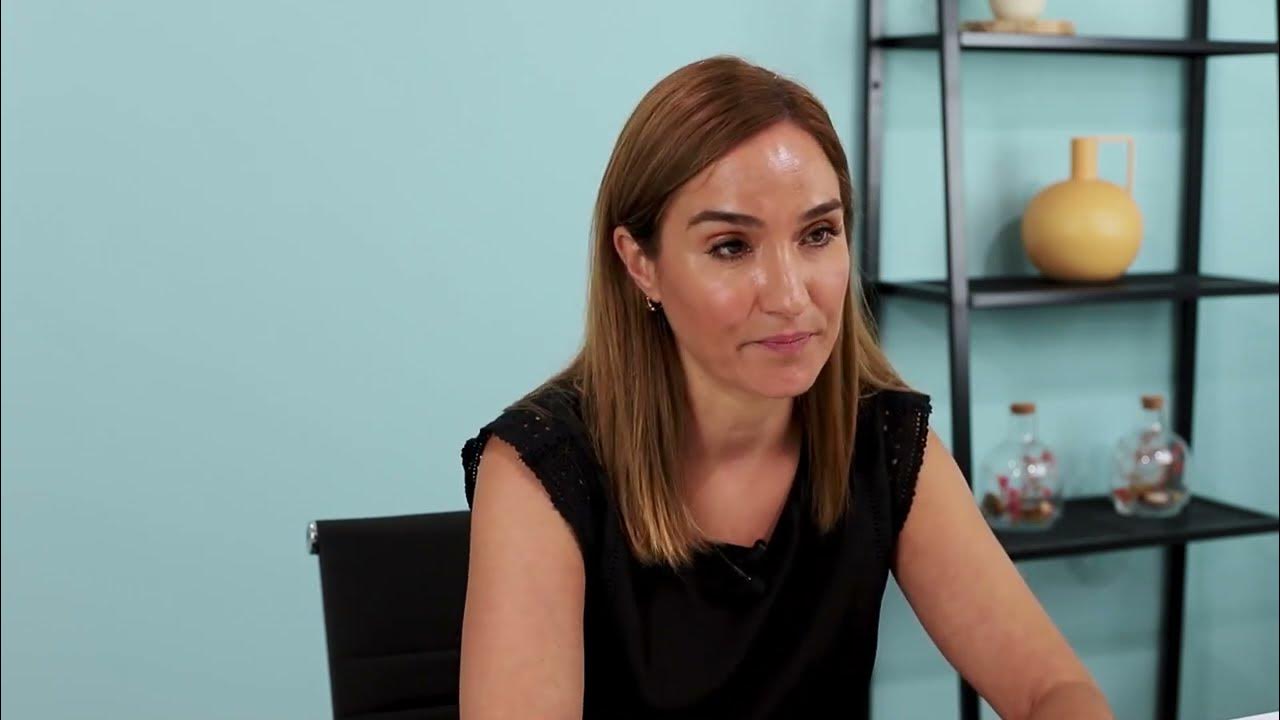TED gestión del tiempo
Summary
TLDRLa autora, al reflexionar sobre la gestión del tiempo, desafía la idea común de que se debe ahorrar tiempo con trucos menores para alcanzar objetivos importantes. Basándose en su estudio de los diarios de tiempo de mujeres ocupadas, argumenta que el tiempo es elástico y se adapta a nuestras prioridades. Sugiere que, en lugar de buscar minutos adicionales, deberíamos centrarnos en definir nuestras prioridades clave, como si fueran una emergencia. Ofrece estrategias para identificar esas prioridades y programarlas primero, mostrando que siempre hay tiempo para lo que realmente importa.
Takeaways
- ⏰ Las personas asumen erróneamente que alguien que escribe sobre gestión del tiempo siempre es puntual, pero no es así.
- 👶 Tener hijos pequeños a veces influye en la impuntualidad, aunque no siempre es su culpa.
- 🛠 Ahorrar pequeños momentos de tiempo en tareas diarias no es la clave para una mejor gestión del tiempo.
- 📺 En lugar de ahorrar minutos evitando comerciales o trucos, es mejor no ver tantas horas de televisión.
- ⏳ La clave de la gestión del tiempo no es ahorrar tiempo, sino establecer las prioridades y el tiempo se ajusta a ellas.
- 💧 El tiempo es elástico: cuando surge una urgencia, como un problema con un calentador de agua, se puede encontrar el tiempo necesario.
- 🚶♀️ Una mujer ocupada con múltiples responsabilidades elige cómo gastar su tiempo, destacando que 'no tengo tiempo' significa realmente 'no es una prioridad'.
- 🏆 Al final de cada año, es útil reflexionar sobre lo que haría que el próximo año sea increíble, tanto en lo profesional como en lo personal.
- 📋 Es importante planificar prioridades en tres categorías: carrera, relaciones y uno mismo.
- 📅 Hay 168 horas en una semana, suficiente tiempo para priorizar lo que realmente importa, incluso para personas muy ocupadas.
Q & A
¿Qué dos cosas asumen las personas cuando descubren que la oradora escribe sobre el manejo del tiempo?
-Las personas asumen que la oradora siempre llega puntual y que tiene muchos trucos para ahorrar pequeños fragmentos de tiempo.
¿Por qué la oradora menciona que a veces llega tarde a eventos importantes, como su propia charla sobre el manejo del tiempo?
-La oradora menciona que a veces llega tarde no solo por sus cuatro hijos pequeños, sino también porque a veces es simplemente su propia responsabilidad y no la de ellos.
¿Cuál es la idea principal de los artículos de revistas que buscan ayudar a los lectores a encontrar una hora extra al día?
-La idea principal es que si se ahorra tiempo en actividades diarias, se puede acumular para tener tiempo para las cosas importantes.
¿Qué ejemplos da la oradora de consejos poco prácticos para ahorrar tiempo?
-Entre los ejemplos se incluyen hacer recados solo dando vueltas a la derecha, usar el microondas de manera muy escrupulosa y grabar programas de televisión para adelantar los anuncios.
¿Qué proyecto de diario de tiempo realizó la oradora y qué descubrió sobre las mujeres ocupadas?
-Realizó un proyecto de diario de tiempo con mujeres muy ocupadas, que incluía trabajos exigentes, cuidado de hijos y compromisos comunitarios. Descubrió que el tiempo es altamente elástico y que se estira para adaptarse a las prioridades.
¿Qué le sucedió a una de las mujeres en el estudio cuando llegó a casa un miércoles por la noche y cómo afectó su tiempo?
-Cuando llegó a casa, descubrió que su calentador de agua había estallado y su sótano estaba inundado. Esto le tomó siete horas durante la semana para resolver, demostrando que encontró tiempo para lo importante.
¿Cómo sugiere la oradora que debemos tratar nuestras prioridades en términos de manejo del tiempo?
-Ella sugiere que debemos tratar nuestras prioridades como si fueran un calentador de agua roto, es decir, como algo urgente y prioritario que requiere nuestra atención inmediata.
¿Qué estrategia profesional propone la oradora para determinar qué hacer en el próximo año?
-Propone escribir una evaluación de desempeño para el próximo año, imaginando que ha sido un año extraordinariamente exitoso y eligiendo tres a cinco cosas que hicieron que el año fuera asombroso.
¿Cómo sugiere la oradora planificar las prioridades a nivel personal?
-Ella sugiere escribir una carta navideña ficticia para el próximo año, detallando tres a cinco cosas increíbles que se han hecho para los seres queridos.
¿Qué sugiere la oradora hacer con las metas establecidas tanto para el trabajo como para la vida personal?
-Ella sugiere desglosar estas metas en pasos realizables y programarlos en el calendario, priorizando estas actividades al inicio de la semana.
¿Cuál es el mensaje central de la oradora sobre cómo encontrar tiempo para lo que importa?
-El mensaje central es que si enfocamos en lo que importa, podemos construir la vida que queremos con el tiempo que tenemos, incluso si estamos ocupados.
Outlines

This section is available to paid users only. Please upgrade to access this part.
Upgrade NowMindmap

This section is available to paid users only. Please upgrade to access this part.
Upgrade NowKeywords

This section is available to paid users only. Please upgrade to access this part.
Upgrade NowHighlights

This section is available to paid users only. Please upgrade to access this part.
Upgrade NowTranscripts

This section is available to paid users only. Please upgrade to access this part.
Upgrade NowBrowse More Related Video

¿POR QUÉ PROCRASTINACIÓN?

NO TIENES TIEMPO Ó 👉TIENES MUCHAS EXCUSAS? ...(ESTRATEGIAS para SACAR PROVECHO A TU TIEMPO)

Requisitos para elaborar una Política de Sistemas Integrados de Gestión

Hábitos para gestionar tu tiempo - ¿Cómo planificar el tiempo?

These 7 Money Habits Keep You Stuck

Esto decía Newton y Einstein del tiempo
5.0 / 5 (0 votes)
